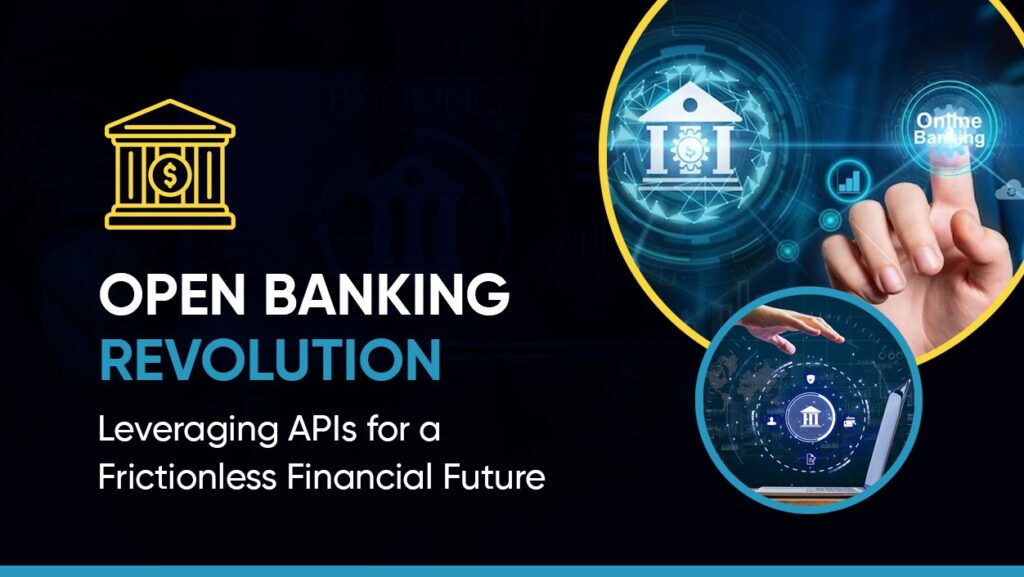In this ever-changing technological landscape, the scope of Artificial Intelligence (AI) has a huge role. With its ability to analyze vast amounts of data, make informed decisions, and carry out tasks autonomously, Artificial Intelligence has been welcomed into the fabric of a wide range of industries. Having set a strong foot different industries from generating content to eye-catching designs, now AI has tremendous potential in the field of software development.
In this article, let us explores the tangible and transformative effects that AI has brought to the world of development, coding, testing, and software delivery.
Automated Code Generation
AI has empowered developers to write code more efficiently and accurately than ever before. Through techniques like machine learning and natural language processing, AI tools can comprehend human instructions and generate code snippets, functions, and even entire modules. This helps in speeding up development process. AI’s neural networks has the ability to fine tune the code, thus highly reduces human error. AI tools like Open AI’s Codex can understand coding context and provide contextually relevant suggestions, enabling developers to focus on high-level tasks while AI handles the routine coding.
Enhanced Bug Detection and Testing
AI-powered testing tools have revolutionized the way software is validated for quality and reliability. Machine learning algorithms can predict potential bugs by analyzing code patterns and historical data from previous projects. This proactive approach allows developers to address issues before they become critical, leading to more stable software. Additionally, AI can automate the testing process, executing thousands of test cases in a fraction of the time it would take a human, thereby accelerating the software release cycle.
Optimized Performance
AI enables software applications to adapt and optimize their performance in real-time. Through advanced monitoring and analysis, AI systems can identify performance delays, memory leaks, and resource utilization problems. This information empowers developers to make data-driven decisions for optimizing software performance and scalability, resulting in a smoother user experience and reduced operational costs.
Predictive Analytics and Data-Driven Insights
AI-driven analytics have become instrumental in guiding software development strategies. By analyzing user behavior, AI can provide insights into feature preferences, usage patterns, and areas of improvement. These data-driven insights enable developers to make informed decisions about feature prioritization, ensuring that software aligns with user needs and preferences.
Natural Language Interfaces
The rise of natural language processing has given birth to a new paradigm in software development – conversational interfaces. Developers can interact with AI assistants using natural language, making tasks like code search, documentation retrieval, and debugging more intuitive and efficient. This fosters collaboration between developers and AI, enhancing productivity and knowledge sharing.
Continuous Integration and Deployment
AI has streamlined the process of continuous integration and deployment (CI/CD) by automating code reviews, integration testing, and deployment workflows. This not only reduces human intervention but also ensures consistent and error-free deployment processes. AI algorithms can analyze code changes, detect inconsistencies, and recommend best practices, maintaining code quality across multiple iterations.
Conclusion
The tangible impact of AI on software development is undeniable. From automating code generation to enhancing testing, optimizing performance, providing data-driven insights, enabling natural language interfaces, and simplifying CI/CD processes, AI has revolutionized the way software is conceived, developed, and delivered.
Although AI’s significance is pronounced in diverse industrial spectrum, it is important to note that it is still in developing state, and may not become autonomous coders. However, AI has been transcending the software industry through its wide array of technological marvel.
As AI continues to evolve, its role in software development will only become more pronounced, stepping up in a new era of efficiency, accuracy, and innovation. Developers who embrace AI stand to gain a competitive edge, as they harness the power of this transformative technology to create software that not only meets user expectations but exceeds them.








